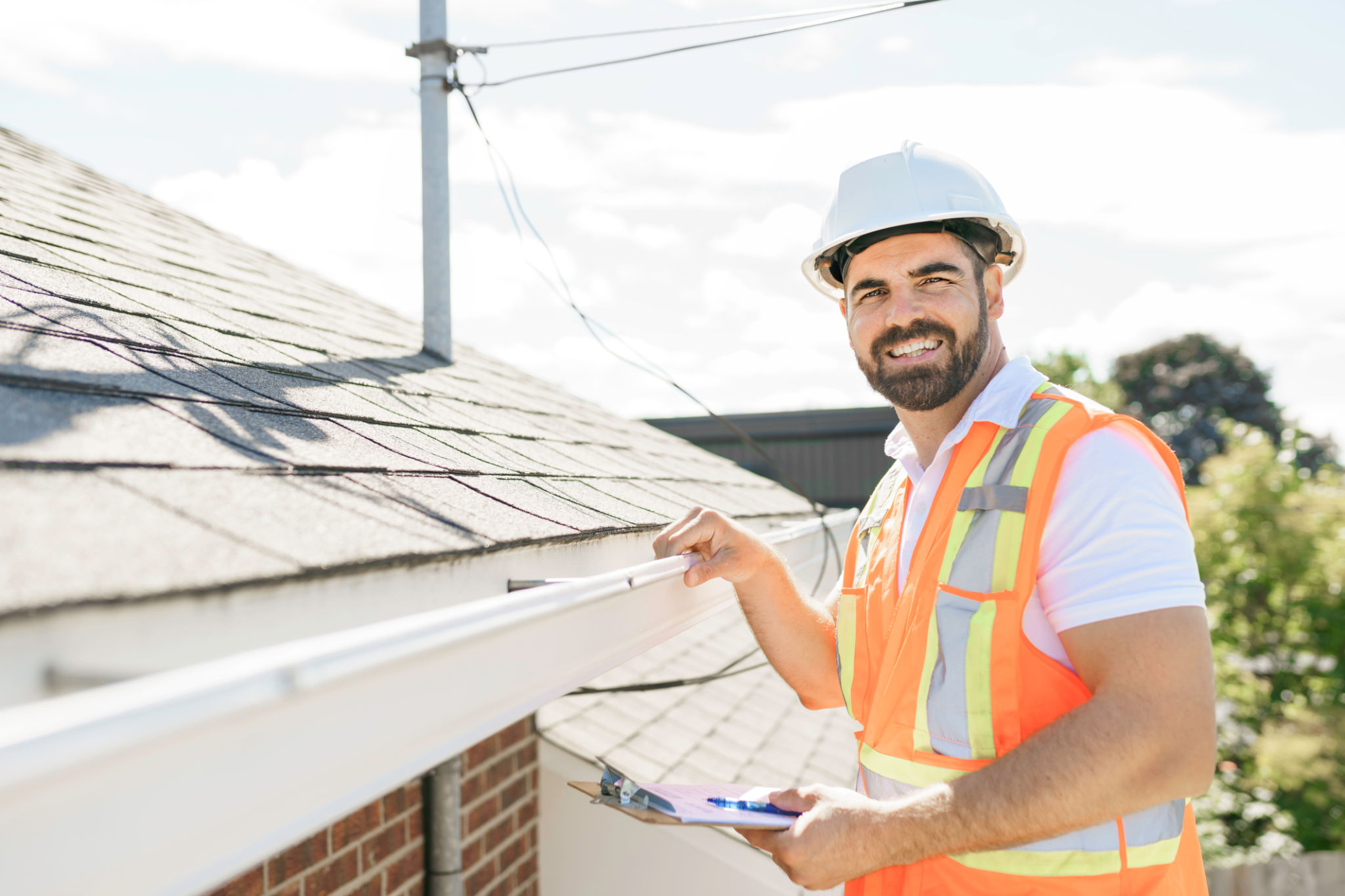How to Prepare Your Gwalior Home for a Solar Panel Installation
Evaluating Your Home's Solar Potential
Before installing solar panels in your Gwalior home, it's crucial to evaluate your property's solar potential. Begin by assessing your roof's orientation and tilt, as these factors significantly influence the efficiency of solar energy capture. Ideally, your roof should face south and have a tilt angle close to your geographical latitude.

Next, consider any obstructions such as trees, buildings, or other structures that might cast shadows on your roof. These can reduce the effectiveness of your solar panels. You might need to trim trees or adjust the planned location of the panels to ensure maximum sunlight exposure throughout the day.
Conducting a Roof Inspection
A thorough roof inspection is essential before installing solar panels. Check the condition of your roofing materials and ensure they are in good shape. If your roof is nearing the end of its lifespan, it may be wise to replace it before installation to avoid future complications.
Additionally, verify that your roof structure can support the weight of solar panels. Consult with a structural engineer if you're unsure about its load-bearing capacity. This step is crucial to ensure safety and durability.

Understanding Local Regulations and Permits
Before proceeding with the installation, familiarize yourself with local regulations and permitting requirements in Gwalior. The process may involve obtaining permissions from municipal authorities or homeowners' associations. Failing to comply with these regulations could lead to fines or removal of the panels.
Reach out to local authorities or a professional solar installation company for guidance on necessary permits and documentation. They can help streamline the process and ensure all legal requirements are met.

Selecting the Right Solar System
Choosing the right solar system for your home is another crucial step. Consider factors such as the size of the system, your energy consumption needs, and budget constraints. There are various types of solar panels available, each with different efficiency ratings and costs.
Consult with a reputable solar panel provider to determine the best system for your specific needs. They can offer insights into the latest technologies and help you make an informed decision.
Preparing for Installation Day
Once all preliminary work is complete, it's time to prepare for installation day. Clear the area around your home to provide easy access for the installation team. This includes moving any outdoor furniture, vehicles, or other obstacles that might hinder the process.
Ensure you or a representative is present on the day of installation to address any questions or concerns that may arise. This will help facilitate a smooth and efficient installation process.

Post-Installation Maintenance
After your solar panels are installed, regular maintenance is essential to ensure optimal performance. This includes cleaning the panels to remove dust and debris that can obstruct sunlight. Regular inspections for damage or wear can also help maintain efficiency.
Consider scheduling annual check-ups with your installation provider to keep your solar system in top condition. They can offer professional cleaning services and make any necessary adjustments or repairs.
